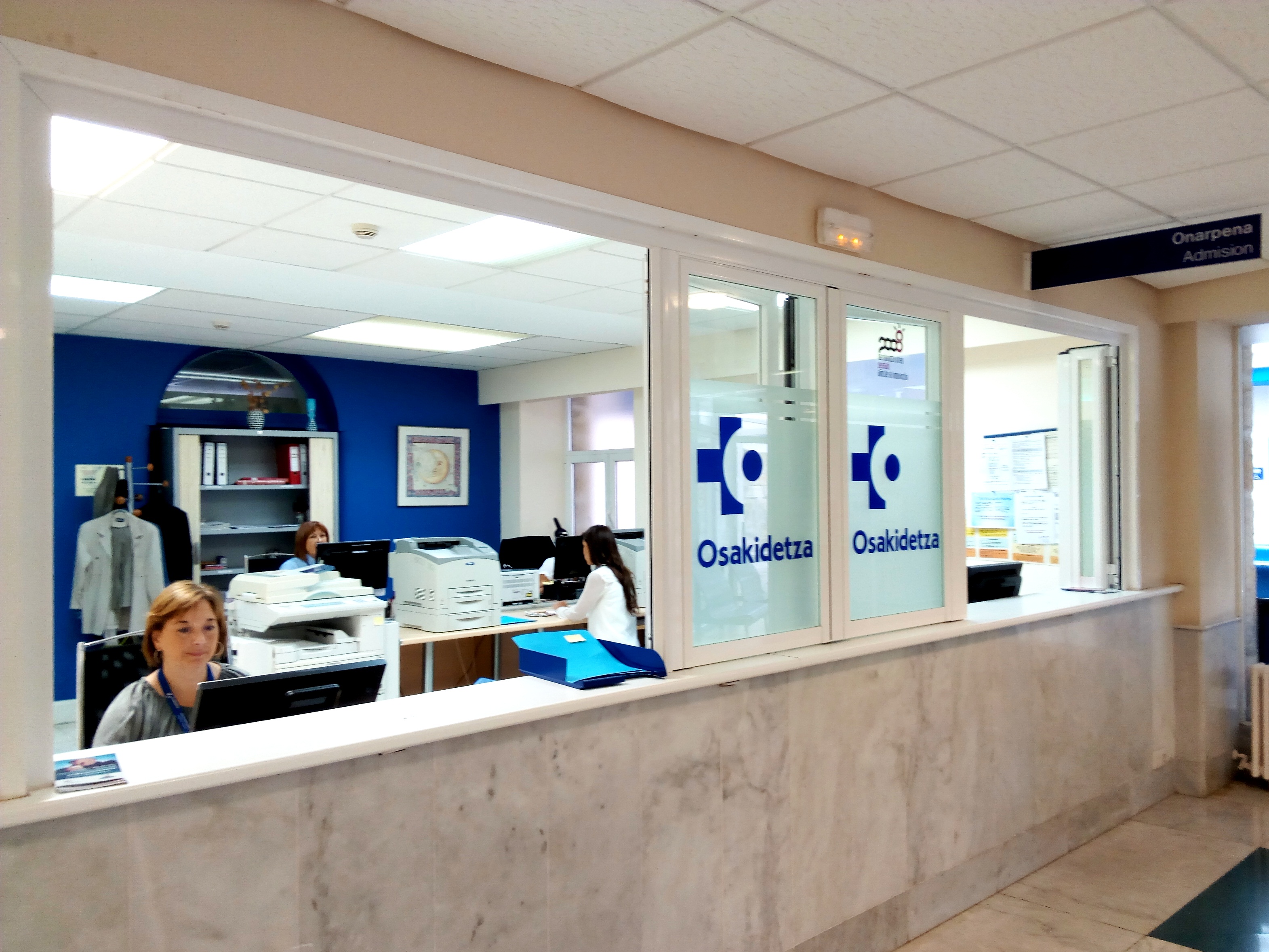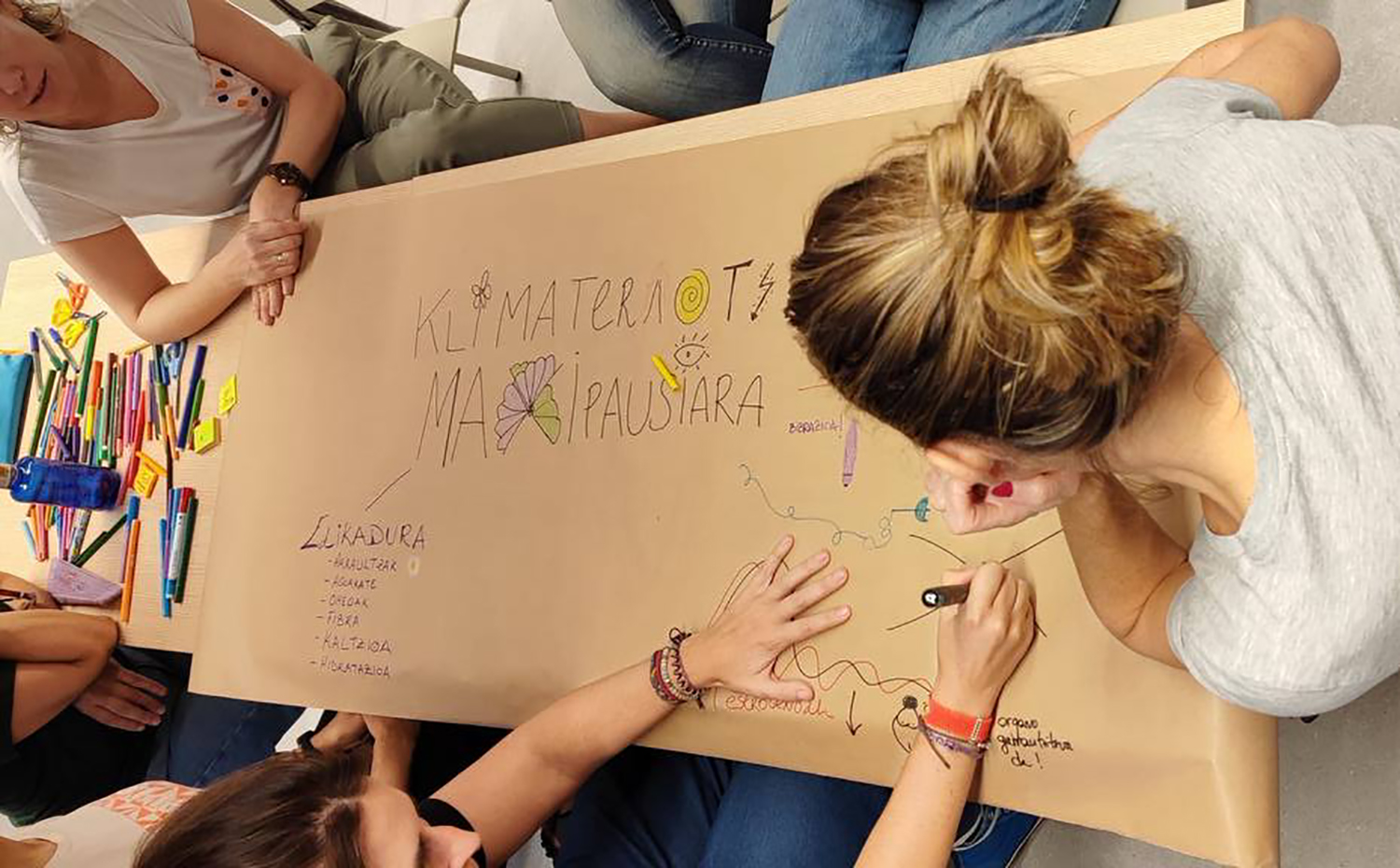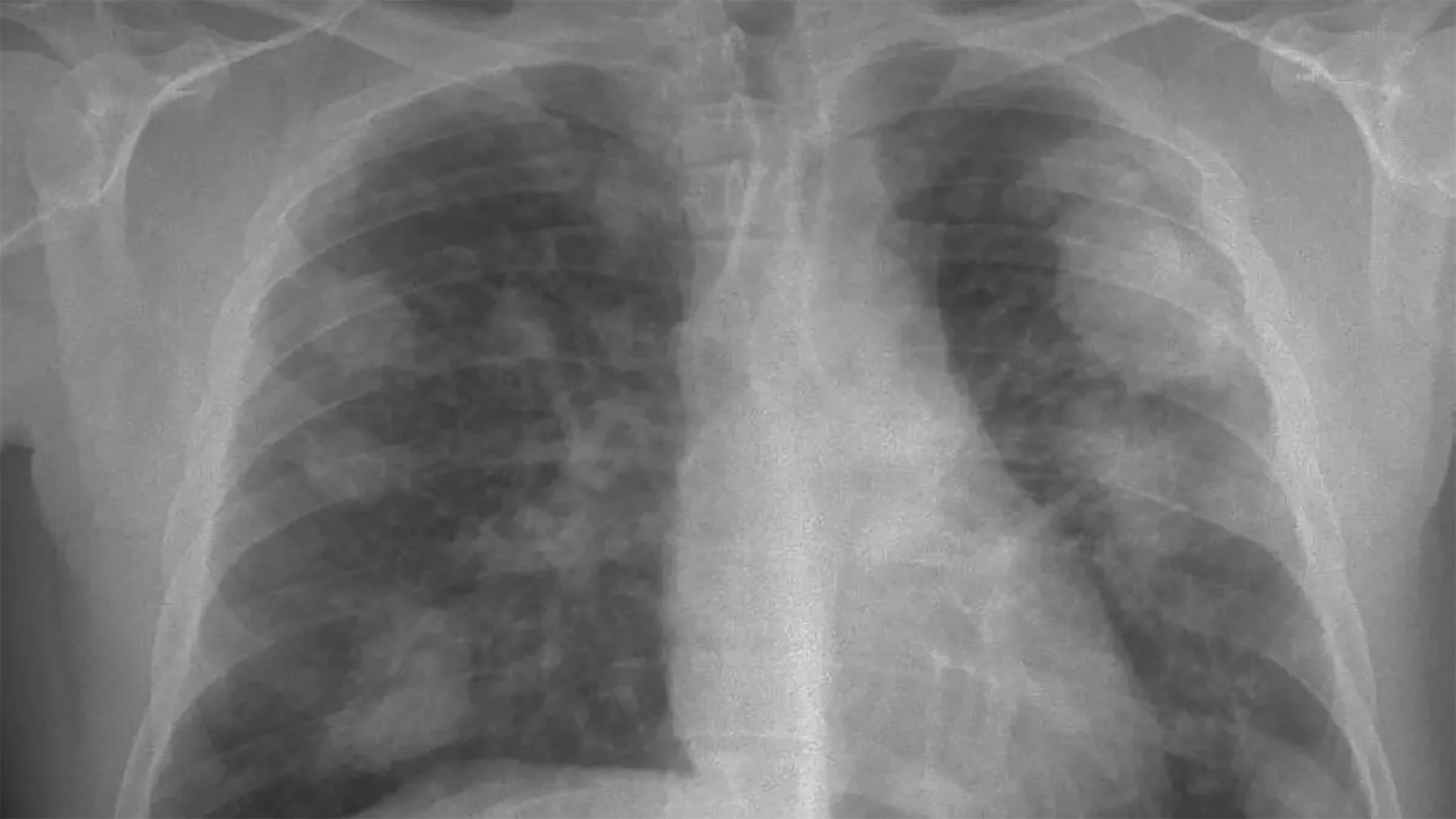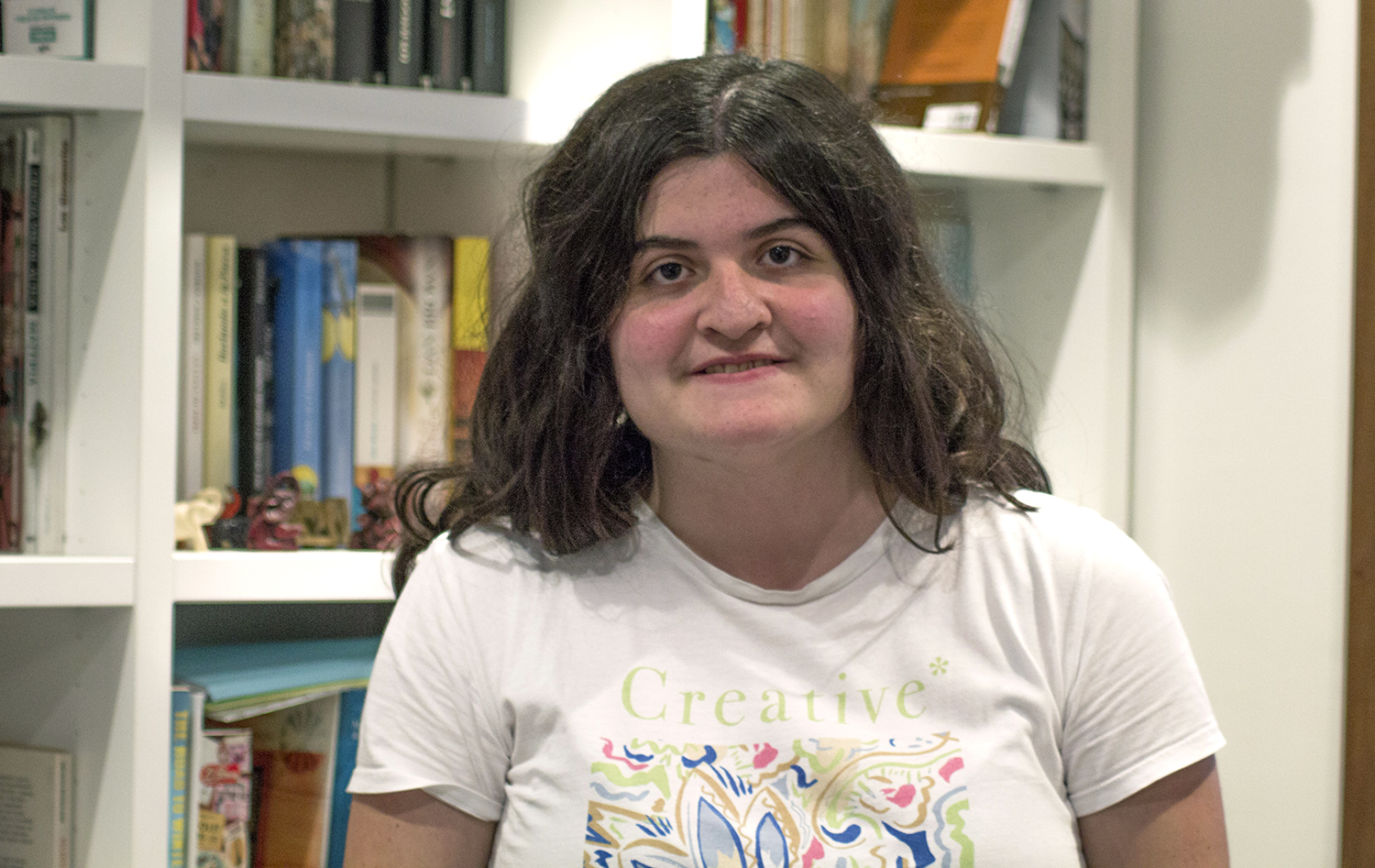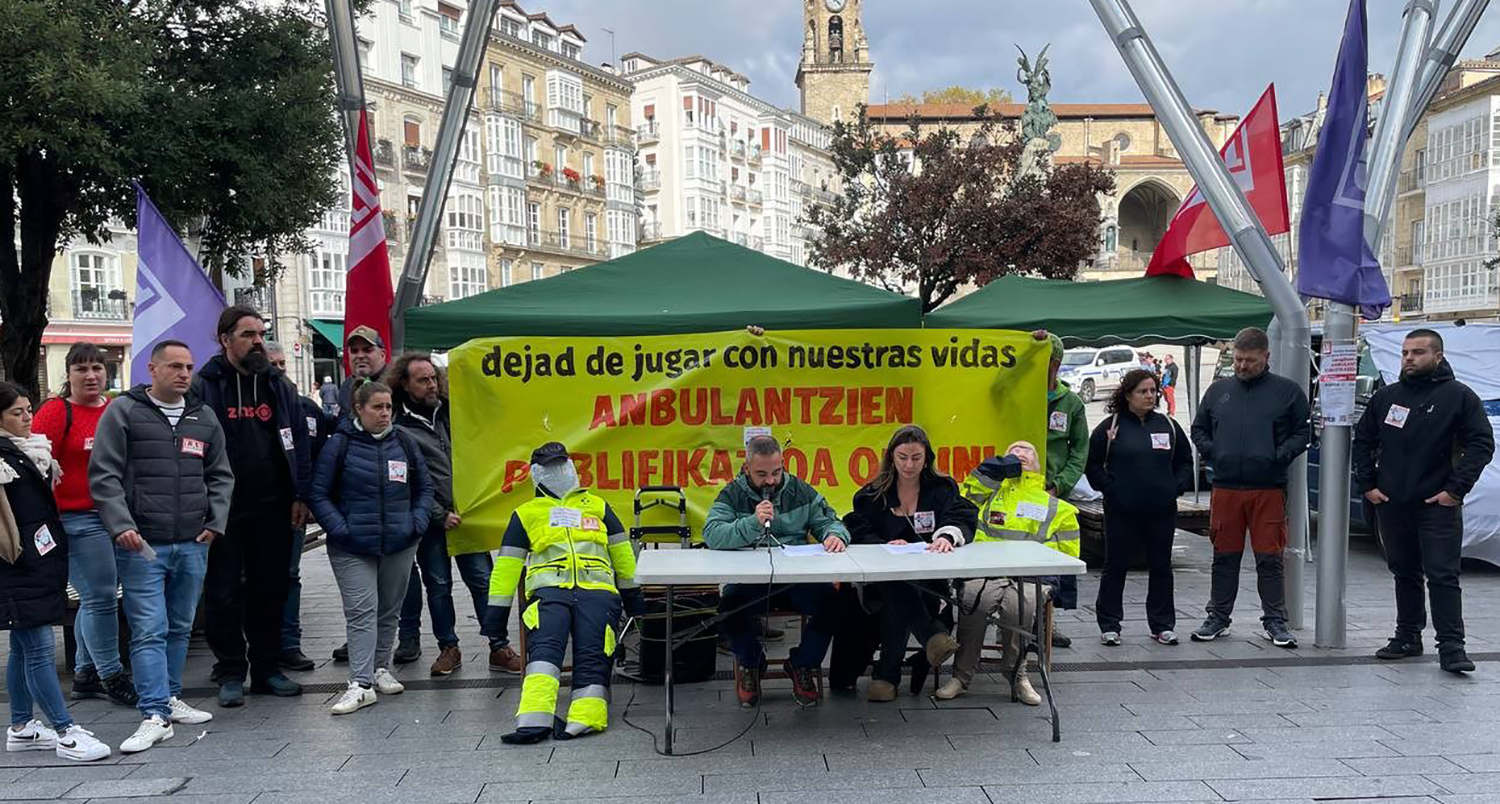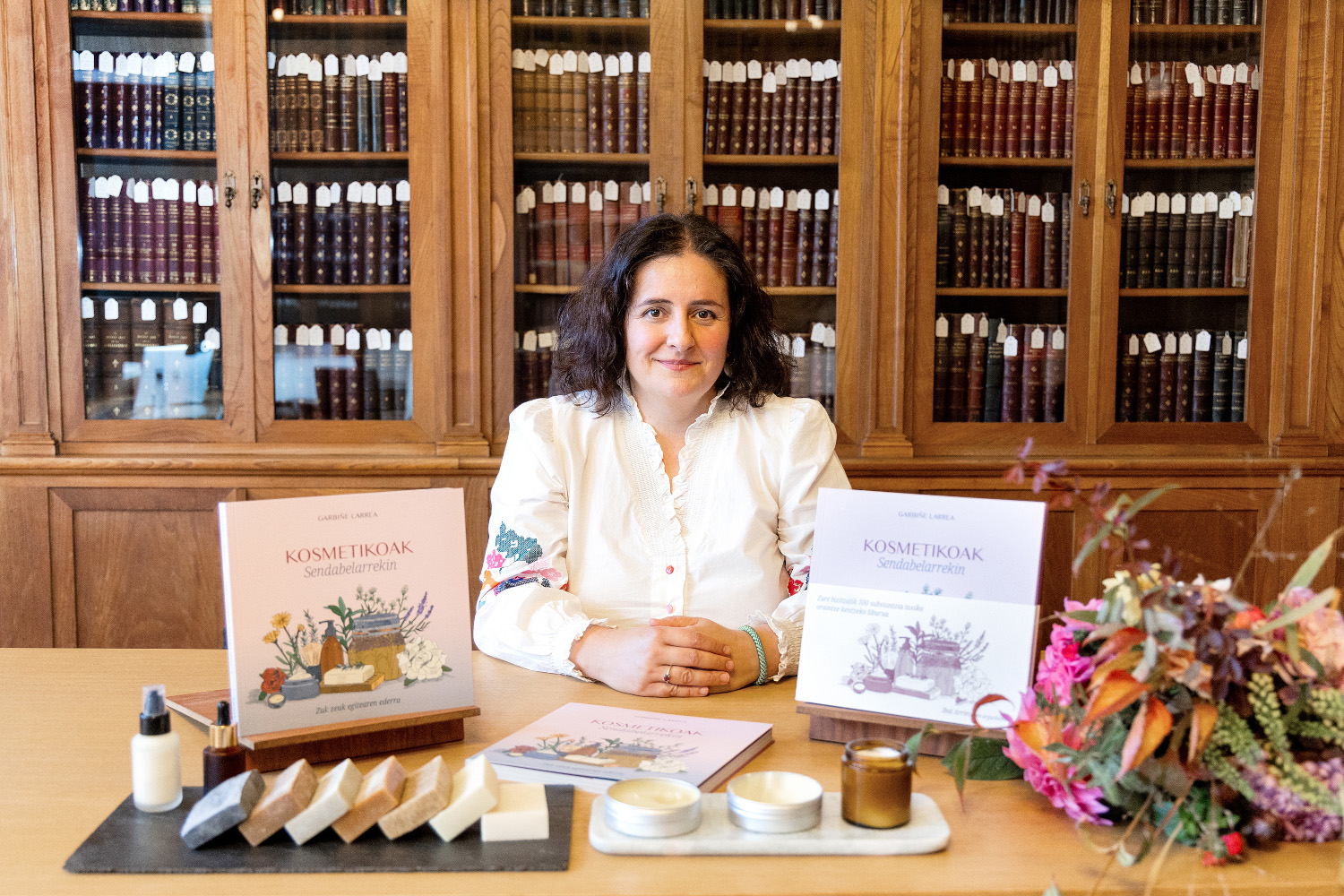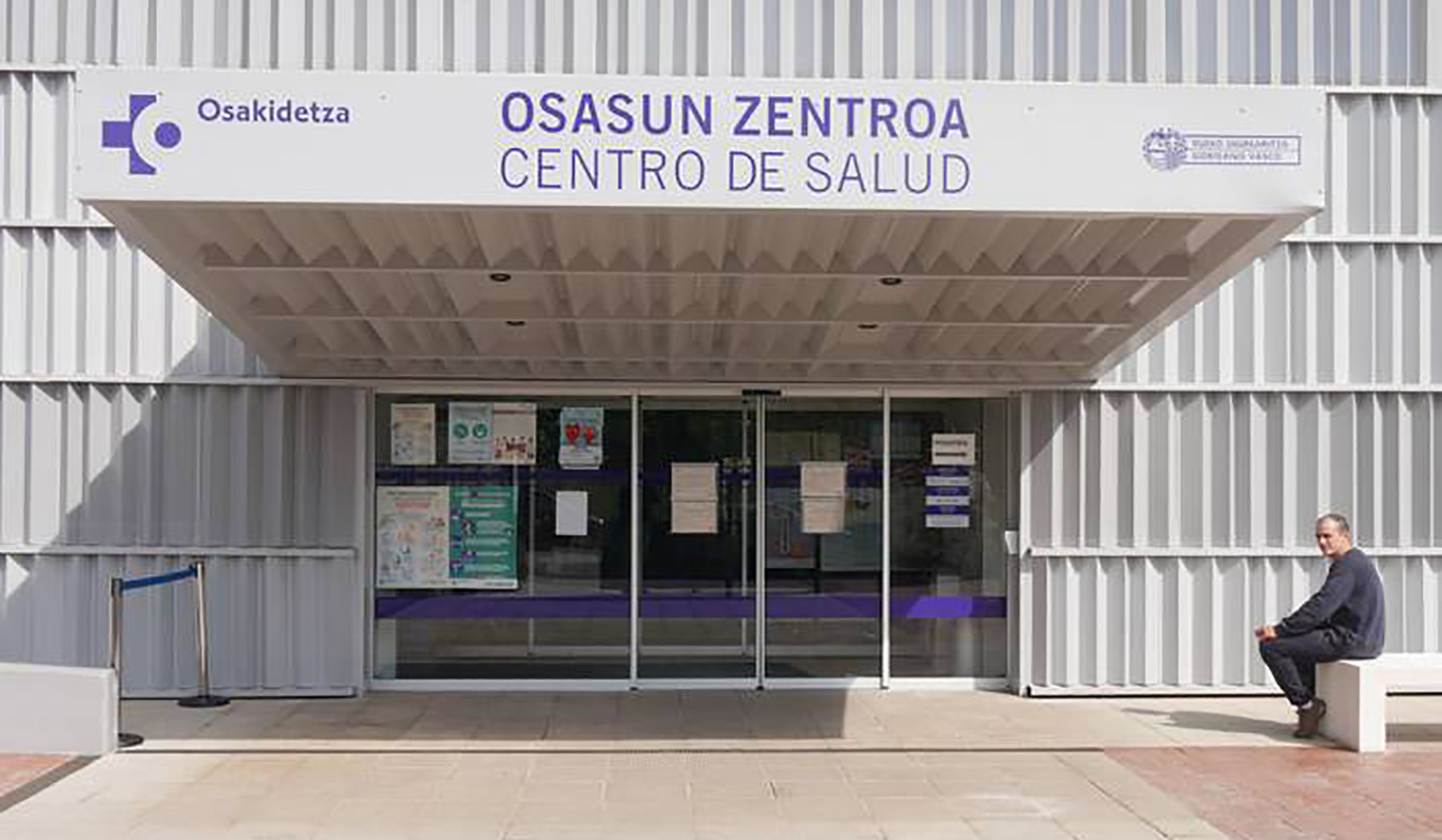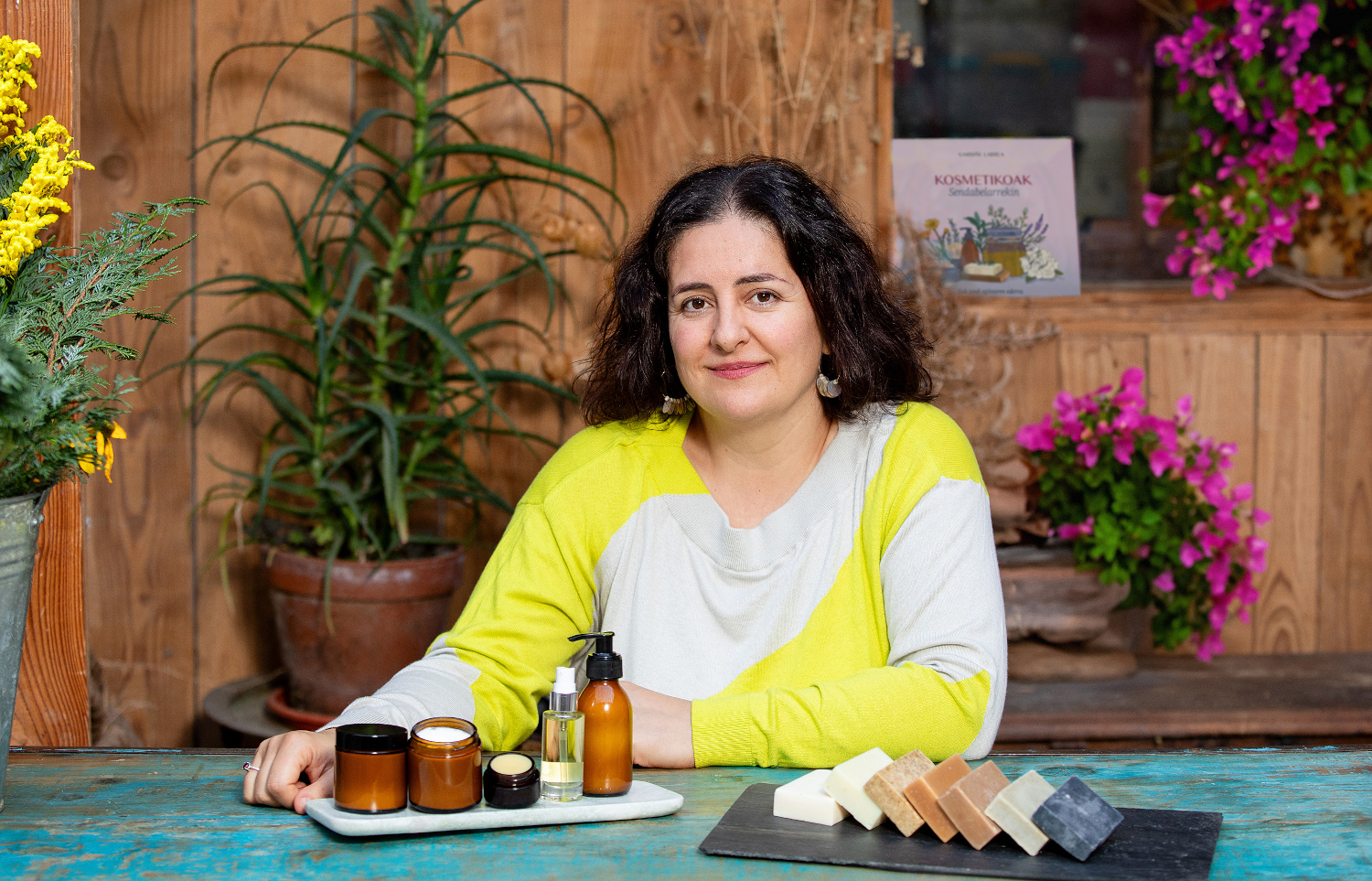Chemsex, a public health problem online
- Chemsex is the use of substances to maintain long sex between men. It is a cultural phenomenon in which health professionals and chemsex users warn that it is a public health problem that affects physical, psychological and social health.
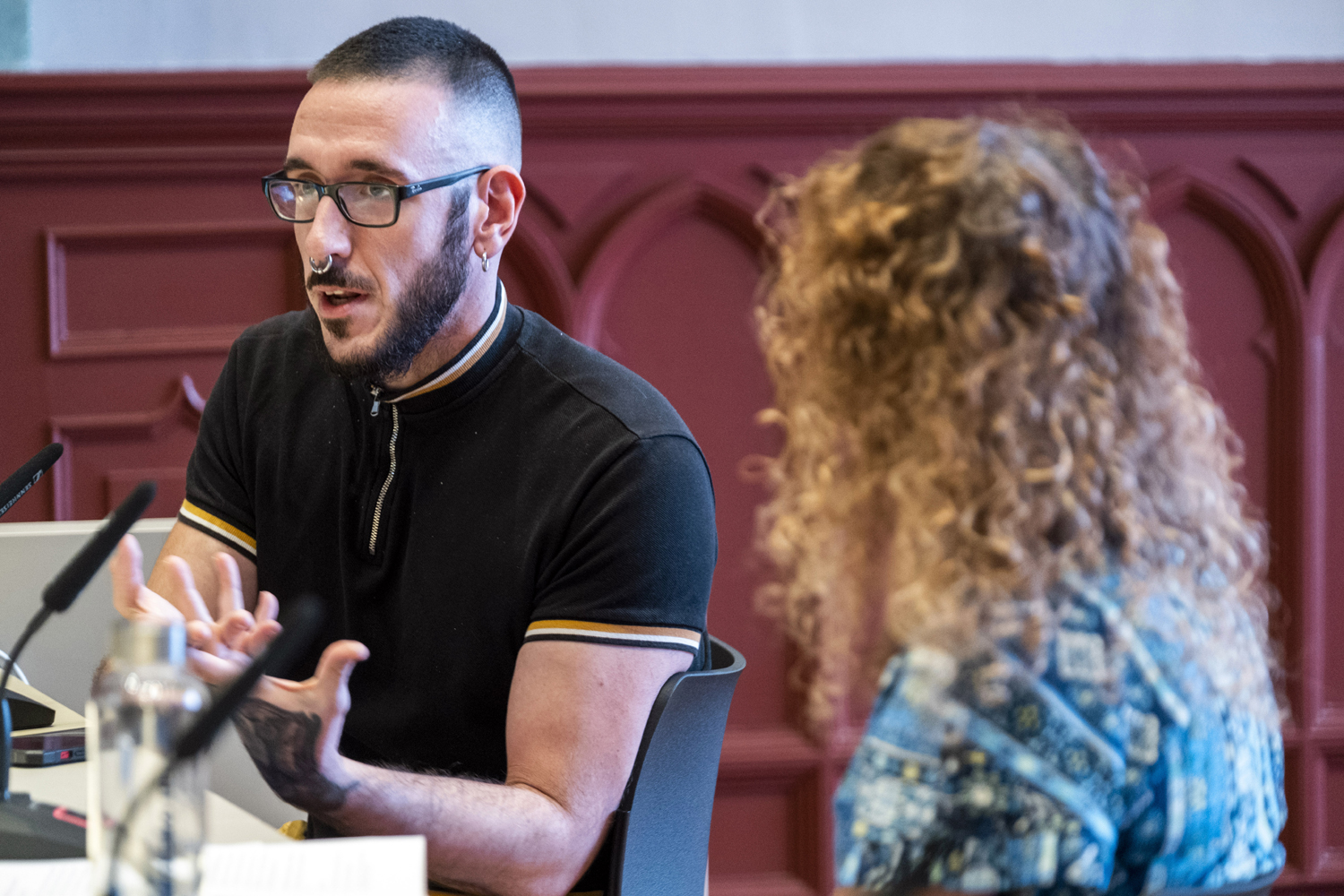
Professionals and users of chemsex meet in Pamplona in early October to analyze the impact of chemsex in Navarra and give a community response. Although it occurs mainly in large cities – Madrid, Barcelona, Paris… – it is spreading to smaller cities and has aroused concern in Navarre. Guided by Red, several questions are raised.
Chemsex consists of using drugs – substances – to have sex for hours or days. We talk about sex between men. However, little by little trans women and nonbinary people are also practicing chemsex. “When we say that this is a phenomenon we must understand that it occurs within a cultural context and a given community, and that there is a code, a dictionary or a specific terminology among users,” explains Luis Villegas, manager of Stop Sida and coordinator of the Chemsex Suport service.
Chemsex sessions are usually held in private houses, but can also be held in commercial premises such as sauna, rented apartments or sex clubs and cruising areas. When they're done in private homes, for example, they're called chill.
In Navarra the chemsex influences more than expected. It is very important to have active listening in consultations, not to criminalize and act without judging
According to Villegas, this practice is very related to the search for pleasure, so when analyzing the phenomenon we have to take into account how pleasure is managed: “It is directly related to the perception of our masculinity.” Being male in sexual relations is “very related” to the image of the cybersexual and patriarchal man: “To be male, one seeks to persevere to the maximum, to be dominant, to assume the maximum risk and many more things, the more man he is.”
Added to this is Andrea Carrillo Juanbeltz, psychologist of the Project Hombre de Navarra. Regarding the relationship between sex and drug use, it is worth noting that “immediate pleasure”, “unlimited pleasure” and disinhibition are sought. In addition, it believes that they are used to meet social expectations such as reproducing things seen in pornography, covering traumas or doing something that you don't want to do: “For example, we have come to the conclusion that some heterosexual women take drugs when they don’t want to fight but have to stay longer to meet expectations.”
It highlights some risks such as the “unreal idea” about sex, the “lesser” ability to enjoy, dependence and transmission of SEX INFECTIONS (HIV). He adds that tolerance to pleasure is developed and the ability to feel it is reduced: “Suppose I like an apple every day and that that apple gives me pleasure. If I add sugar, it increases my apple's pleasure. If every day I start eating apple with sugar, when like an apple without sugar I will feel slow.”
In
addition to affecting psychological health little time to be attended to, the professionals emphasize that it is a public health problem. The doctor Carlos Ibero and the infectious diseases specialist of the Hospital de Navarra agree: “It not only affects the users but also the people around them, it can cause the spread of HIV or Human Immunodeficiency Virus, drug addiction, nonconsensual sexual practices, identity problems and self-esteem and great social and family stigma.”
According to the microbiologist Juan Indurain Bermejo, they increasingly register “more” SBI, which does not mean there is an increase: “The number has increased because it will also raise awareness, so we do more tests.” In 2006, 637 serologies were produced and last year 1,309.
Because of its impact on health, Indurain considers it “very difficult” to address this issue in the consultation, considering that they only have 15 minutes with each patient: “We need confidence because we have to talk about very intimate aspects and are afraid to feel judged.” In addition, he believes that patients should have “more autonomy”: “Instead of thinking, we have to report, we have to give advice without judgment and accept our limitations”.
The physician Carlos Ibero considers that the consultation time is not enough to adequately care for a patient: “The longer we have, the more information we get.” As the fluctuations of the phenomenon are still beyond the hands of professionals, the collection of information is especially important: “First we have to identify the problem and then accept it to give a community response.” He adds that it is important to sensitize, give visibility, without falling into the morb and without blaming, and search for other sources of information.
Substances are also used in sex to meet social expectations, like reproducing things seen in pornography, covering traumas or doing something that you don't want to do.
Since
2010, in Navarra they began to identify themselves between 2010 and 2015 with a health problem related to this topic. At that time, Ibero worked in the emergency room and was increasingly treating more cases of coma: “Many were young boys, and it wasn’t clear why, despite being sometimes on the board, there were substances we didn’t identify.” According to the doctor, this indicated that on the streets there was a phenomenon that health professionals did not know and did not know well what the goal of using these substances was.
Taking time to talk to patients, they began to identify the theme: “I saw that in some cases substance use was directly related to sex, which also regretted that there were people who were surprised by certain sexual practices or substances.” When he saw that in Navarra the chemsex was more widespread than he expected, he went to Barcelona to form more because there they have more experience and have entangled devices to deal with the issue.
Ibero makes it clear, chemsex affects more than it seems in Navarra. Therefore, he considers “very important” to have active listening in consultations, not to criminalize and act without judging. This requires spaces of trust and time: “We must ensure that patients have a reference in medicine, we must retain patients.” Furthermore, education and prevention must be affected.
According to data from Ibero, in Navarra there are about 1,200 people with HIV: “However, we believe there may be another 200 people we haven’t detected.” In addition, between 30 and 50 new people are identified annually, of which 40% are often late. Between 30% and 40% of people who visit take Prep, pre-exposure prophylaxis for HIV: “I have been told this because we have created a relationship of trust in the consultation.”
Many users
of Chemsex Self-care do not use condoms, although they take other protective measures such as the aforementioned drug Prep. According to Juanse Hernández, coordinator of the HIV working group of Gtt-HIV, despite not using condoms, there is a space of self-care in chemsex: “We know that many chemsex sessions take measures to avoid risks, but since no research is done, we do not know what measures they take and what are effective.”
Despite little information, it reports the results of a study carried out in Belgium, warning that as a small sample, the conclusions cannot be extended to the whole of society. In order to carry out this research, 20 people were talked about the support measures taken before, during and after the sessions. Participants noted, among other things, that they planned the sessions to know in advance that there is everything necessary, such as water and food, and what to do in an emergency situation. During the session they used lubricant, took the medication Prep and one person provided water and food. At the end, they took time to recover. “My intention is not to separate this practice, there are risks, but being honest we have to bear in mind that there are those who try to protect people,” he said.
In addition to the
Health staff at the center of people, chemsex users have also spoken at the conference, such as the volunteer of the ChemSex Support and CaixabankSex Stop Sida committees and the chemsex user, Gerard Funés Martín. It emphasizes the need to listen to the experiences of the users, who are often relegated: "We are afraid to tell our experiences, because they may not understand what we count," he said.
He adds that when working chemsex, instead of focusing people, substances are put in the center: “We feel demonized, they don’t ask us what the function is or what we feel.” He also denounces that relationships are vertical: "As the doctor-patient relationship is closer, holistic treatment has been simpler." She is grateful that the doctors who participated in the conference refer to the importance of care with empathy and without judgment.
On the contrary, it criticises the delegitimisation of users by the staff working on the subject: “We do not seem to be able to decide, but we believe that we must be political subjects and create democratic and autonomous structures.”
The conservation services, generally oriented towards the transfer of substances, created in Barcelona ChemSex Support as a response to this phenomenon. "When you worked substance addiction you were discharged, but those people didn't recover the sexual dynamics, they didn't ask us what we were looking for," he said. In addition, he claims the right to feel pleasure: "When we started chemsex, we had many fears, but we wanted pleasure." He therefore insists that we must learn to manage pleasure.
Along with the loss of sexual dynamics, users lose socialization spaces. So they intended to create spaces free of sex and drugs. “We felt the need to talk among users.” Based on this need, they created the Sex Stop AIDS Commission among the users. It offers mutual help groups, emotional support, masculinity workshops, research and information material, substance analysis service and leisure alternatives. “Our main goal is to empower users,” he stressed.
.jpg)
.jpg)











